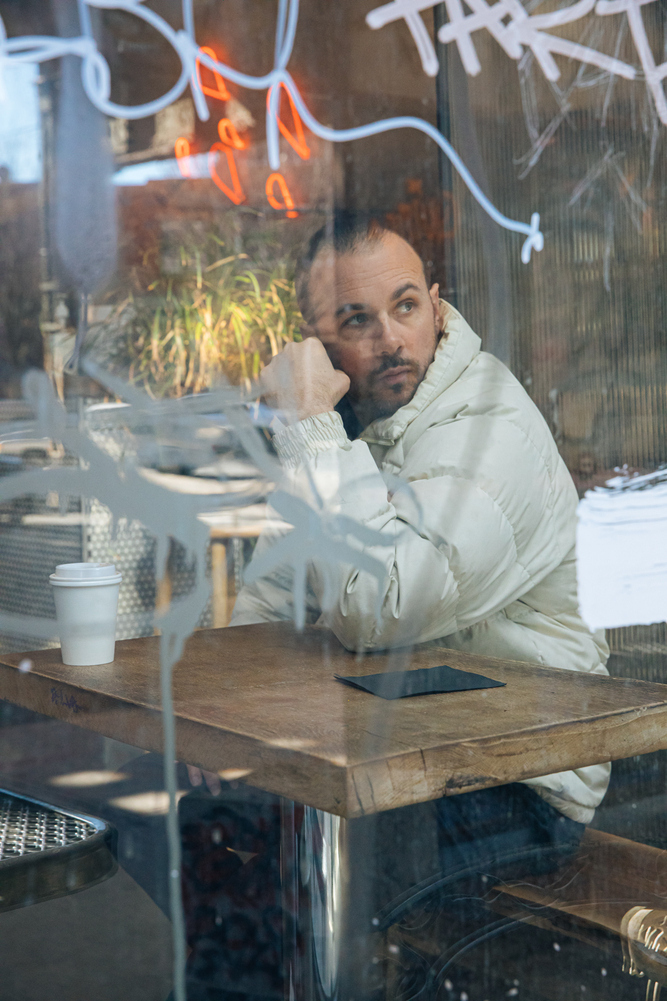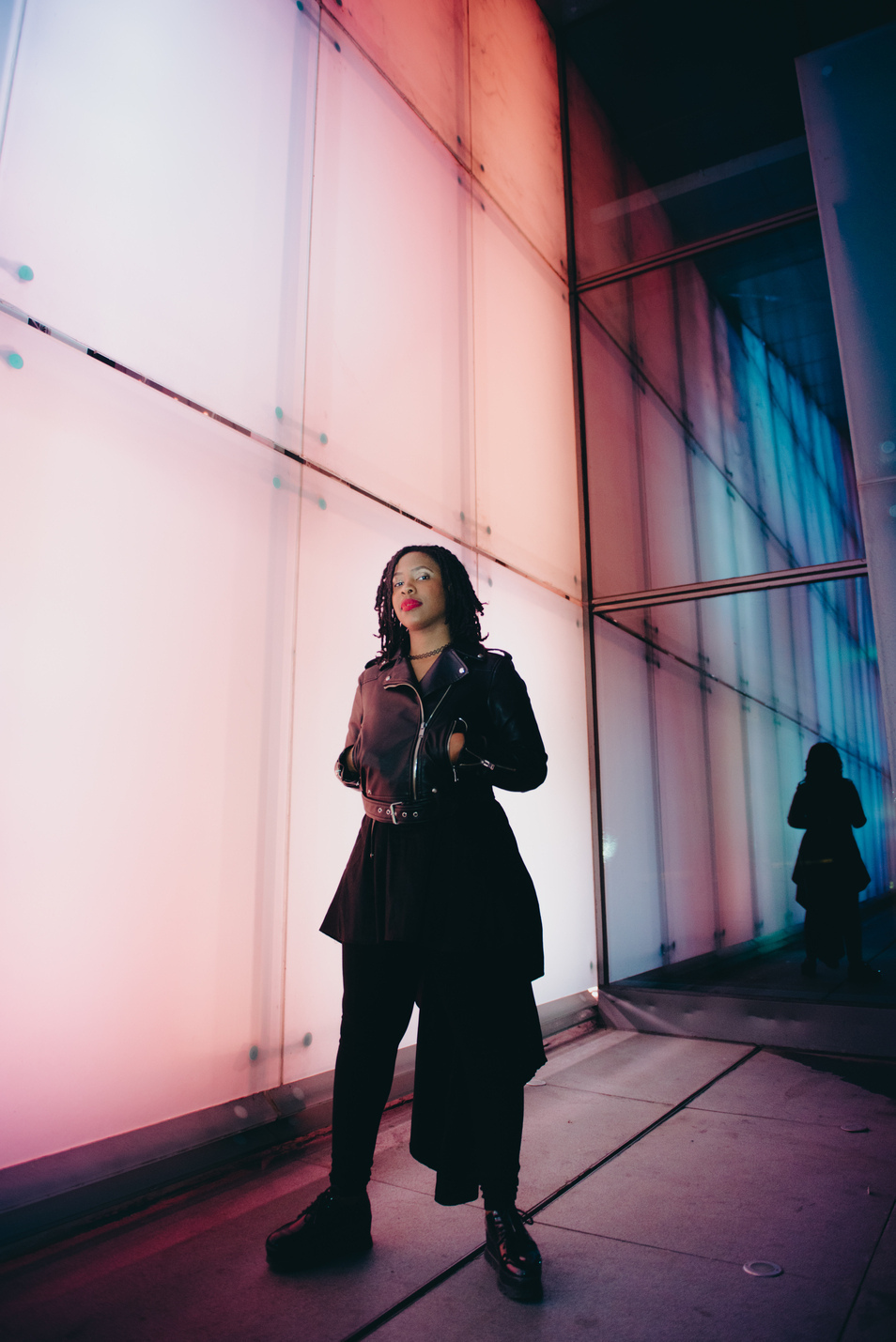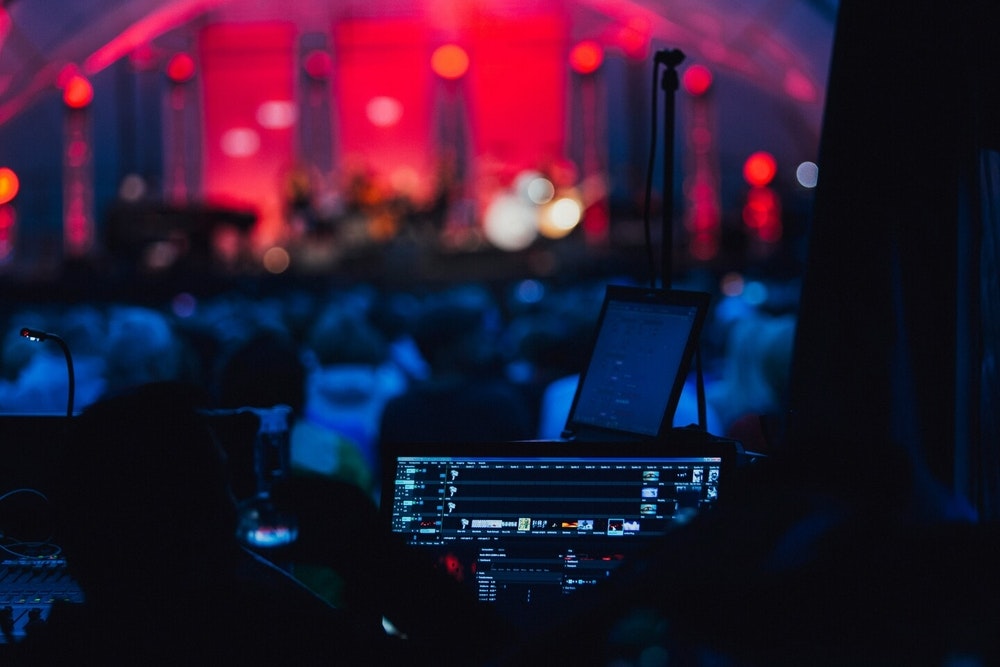
■ Features
Perched on a surprisingly unsuspecting corner in Brooklyn, on the intersection of Hart Street and Myrtle Avenue — a street known for housing most of Bushwick's most popular dance music venues — rests one of New York City's quintessential nightlife hotspots. Bossa Nova Civic Club (also called Bossa for short) is a tiny bar with a dancefloor that fits about 150 partygoers, and you'll find it decently packed every single day of the week. The club initially garnered attention for its unique underground techno programming. These days, local promoters use the space as a playground for building their own parties.
It was the '90s when John Barclay — the owner of Bossa and sister club Paragon — started throwing parties. He got his start in high school when he was playing in metal bands.
"We would take over a barn, office space, community center—anything we could get our hands on and charge a $3 cover," he tells PIRATE.COM. " I immediately became addicted to the thrill, the attention, the music, the friends, [and everything else]."
Barclay moved to New York City in 2005, but he was already an expert at throwing dance parties. He transitioned to hosting club nights in college, holding them at local bars around the university. So by the time he moved to the city, he had the confidence to go bigger.
"My first notable accomplishment was my involvement in 285 Kent, a warehouse spot that I rented and put together raves in right around the time raving or whatever started to make a comeback," he reminisces. "I got in trouble with the authorities and handed it off to living legend Todd P (of Market Hotel, Trans Pecos), who ran it for years."
In 2012, Barclay was throwing a party called "Trip House" in a "colossal Bushwick Victorian mansion" before he would move on to his seminal endeavor. In December of that year, he opened Bossa Nova Civic Club, which he called: "A beat-up little bar with a dancefloor that became the default incubator for the re-emerging Brooklyn dance scene."
 John Barclay, Image Credit: Sasha Bianca
John Barclay, Image Credit: Sasha Bianca
The brains behind these memory-making nights are usually known as promoters, but Barclay believes they're more than that.
"'Promoter' is somewhat misleading because it emphasizes the promotional element—the spreading the word part of the job—which is only one slice of the role," he says. "It’s probably easier to understand through the lens of a 'producer': one who organizes, curates, markets, and often finances a specific night at a club."
Shannon Dawson, a New York City nightlife impresario and host of the Club Management podcast, however, reclaims the word in her own way.
"Being a club promoter means showcasing members of my community who are incredibly talented but may not necessarily get the shine they deserve," she explains. "It’s been a unique pathway for me to be a mentor, a teacher in a way, for those who need resources and are looking for opportunities to show and grow their talent."
When Dawson launched her career in nightlife, people were supportive of her venturing into being a DJ and promoter. "Now, I want to give back," she says.
 Shannon Dawson, Image Credit: Martin S
Shannon Dawson, Image Credit: Martin S
In my experience—and I've been doing this for a little under two years now — being a promoter is a lot of hard work and a lot of risk. If it wasn't for the support of people like Barclay and Dawson, I wouldn't have made it this far.
After talking to tons of promoters and promoting plenty of parties herself, Dawson has a list of qualities she's noticed in successful promoters: Honesty, punctuality, organization, and professionalism.
"This may sound a bit cheesy, but I love creating a comprehensive to-do list that outlines each step of the party planning process, complete with clear deadlines and a vision statement for the event," she adds. "I often send this to the venue beforehand so they have a clear idea of the party details."
Barclay also acknowledges that it's not all fun and games.
"95% of nightlife is EXTREMELY non-glamorous and notably blue collar," he says. "Outsiders think it’s all hanging out with micro-celebrities and counting piles of cash when in reality it’s mostly dealing with broken toilets, malfunctioning equipment, and relentless artist tantrums."
To keep it short: A vision, a venue, a lineup, and a crowd.
"All you need is a couple hundred dollars and a dream," Barclay says. "The number one thing I always like to stress to new promoters is to start small and scale up. Most of my favorite raves and club nights started in small bars and cafes and now have hundreds of people lined around the block."
While it might often be overwhelming and exhausting, it can also be one of the most rewarding experiences in nightlife if you do it for the right reasons.
Dawson imparts: "From working with promoters on the DJ end of things, I’ve seen so many wonderful promoters approach this with kindness and ensure mutual care."
If you're interested in starting your own party series, keep an eye out for the future "How To Throw A Club Night" articles and learn how to: create a unique concept, find a venue, lock in your lineup, market your event, build a community, and more.
Anything specific you want us to cover? Send us your topic ideas via Instagram.
